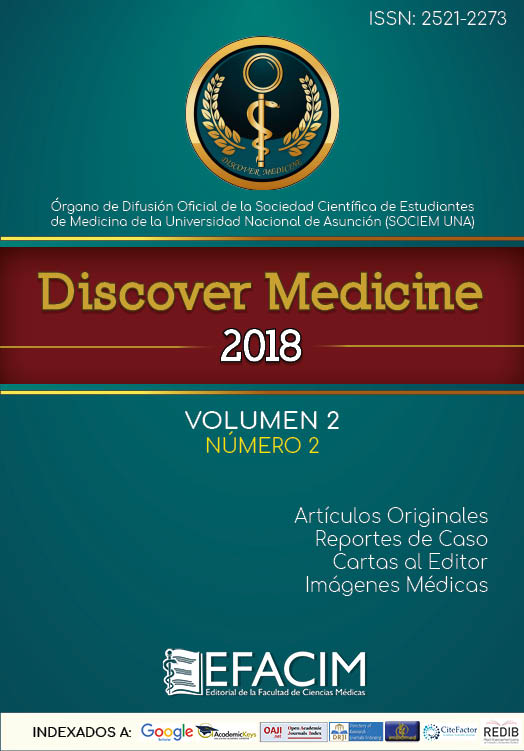Abstract
Background: The Mozart Effect is the attribute that classic music has to improve wellness and brain function. The aim was to demonstrate if the Mozart effect has an effect on reasoning and its association with musical studying.
Methods: 10 bending and cutting tests were applied to groups under different musical stimuli in a period of 10 minutes per day of work.
Results: No significance was found in the time of musical study and the results in any of the 3 groups that studied music. Results were higher on average in the groups that studied music (21.15, 22.22 and 20.13 in Groups 1, 2 and 3 respectively), and lower for those who did not study music (18.05, 16.75 and 16.36 in Groups 1, 2 and 3 respectively).
Conclusion: No associations were found between listening to music by Mozart and the capacity for reasoning in young musicians and non-musician
References
Enciclopedia Salud. Definición de Efecto Mozart [Internet]. Enciclopedia Salud. 2016. Disponible en: https://www.enciclopediasalud.com/definiciones/efecto-mozart
Figueroba A. ¿Qué es el Efecto Mozart? ¿Nos hace más inteligentes? [Internet]. Psicología y Mente. 2018. Disponible en: https://psicologiaymente.com/desarrollo/efecto-mozart
Velsid. El efecto Mozart [Internet]. Xataca Ciencia. 2006. Disponible en: https://www.xatakaciencia.com/otros/el-efecto-mozart
Ordoñez Morales E, Sánchez Reinoso J. Análisis del Efecto Mozart en el desarrollo intelectual de las personas adultas y niños. Ingenius. 2011;5:45-54.
Rauscher F, Shaw G, Levine L, Ky K. Music and Spatial Task Performance: A Causal Relationship. Nature. 1994;365(6447):611.
Wilson TL, Brown TL. Reexamination of the Effect of Mozart’s Music on Spatial-Task Performance. J Psychol. 1997;131(4):365-70.
Steele KM, Bajo KE, Crook MD. El misterio del efecto Mozart: falta de repetición. Ciencia psicológica. 1999;10(4):366-9.
Corredor JR, Salazar MCS. Relación entre el efecto Mozart y la prueba de solución de problemas misioneros y caníbales. Univ Psychol Bogotá (Colombia) [Internet]. 2005;4(3):359-71. Disponible en: http://www.redalyc.org/pdf/647/64740310.pdf
Grylls E, Kinsky M, Baggott A, Wabnitz C, McLellan A. Study of the Mozart effect in children with epileptic electroencephalograms. Seizure. julio de 2018;59:77-81.
Uriarte R. Estimulación temprana y desarrollo infantil: el efecto mozart [Internet]. Estimulación y Desarrollo. 2007. Disponible en: http://estimulacionydesarrollo.blogspot.com/2007/03/el-efecto-mozart.html
Xing Y, Xia Y, Kendrick K, Liu X, Wang M, Wu D, et al. Mozart, Mozart Rhythm and Retrograde Mozart Effects: Evidences from Behaviours and Neurobiology Bases. Sci Rep [Internet]. 21 de enero de 2016;6:18744. Disponible en: https://www.ncbi.nlm.nih.gov/pubmed/26795072
Marenco F, Mirón V, Molina D, Ortega F, Rodriguez L. Influencia de la música en la concentración [Internet]. Antiguo Cuscatlán; 2015. Disponible en: http://www.ujmd.edu.sv/images/PDF/Contenido_/revistas/Boletin_Psique_Mayo_2015.pdf

This work is licensed under a Creative Commons Attribution-NonCommercial-NoDerivatives 4.0 International License.
Copyright (c) 2023 Gilda Elizabeth Méndez Castillo, Camila Ramírez Ríos, Diana del Pilar Helman Bottino, María Bethania Zárate Montiel, Claudia Centurión-Wenninger
